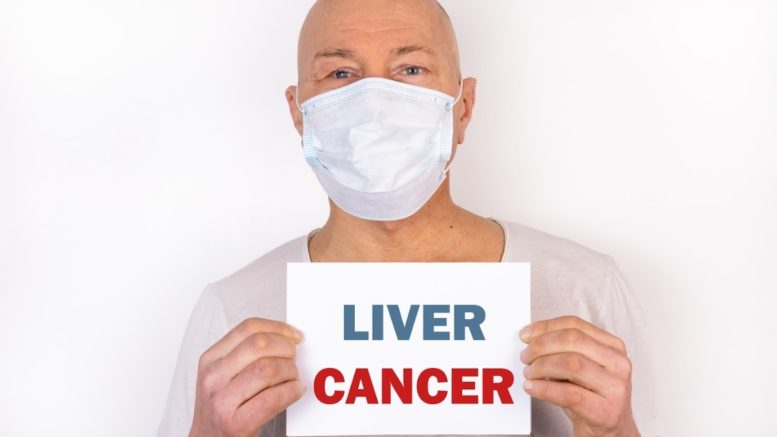As COVID-19 continues to terrorize every sector in every corner of the world, the health industry has received the most forceful blow. As everyone is looking up to the scientists to develop an effective drug, vaccine, or a cure, the virus continues to claim more and more lives.
People with underlying health conditions are in more danger than the general population. Therefore, we must protect those who are more at risk. Some of these unsafe conditions include:
- Cancer
- Heart diseases
- Hypertension (high blood pressure)
- Diabetes
- HIV/AIDS
- Chronic respiratory diseases such as asthma
In our case, we will concentrate on cancer patients. This article will discuss five things that a cancer patient and their families need to know about COVID-19 – but don’t forget to show a friend with cancer your support and make them smile, how about a cancer care package or a custom-made gift?
No Unique Health Recommended Measures
There are no particular health recommendations for cancer patients. Therefore, as a cancer survivor or a patient, you should follow the general public health recommendations outlined in the CDC Guidance. It is advisable for people living with cancer to follow these rules more keenly and strictly, given that their immune systems are compromised.
Keeping social distances, disinfecting and cleaning surfaces, hand washing, and avoiding crowded places are simple rules that decrease the chances of this infection. Also, avoid touching your face with your unclean hands. Use soap and running water, an alcohol-based sanitizer, or disinfectant wipes.
Higher Risk of Contracting the Virus
There is no doubt that cancer patients or survivors are at a high risk of health complications compared to other patients and the general public. These people are usually immune-compromised. Research shows that patients diagnosed with hematological malignancies, which include leukemia, lymphoma, and myeloma, poses a much higher risk than those with other cancer diagnoses.
Also, COVID-19 patients with progressing cancer situations are at a higher risk of grave health complications than those in remission. For that cause, it is our burden to protect our loved ones from this virus. They are already fighting cancer; let us not allow them to struggle with COVID-19 too.
Chemotherapy and COVID-19
Cancer.gov has said, “some cancer treatments such as chemotherapy can weaken your immune system (causing you to be immunocompromised) and may increase your risk for severe illness from COVID-19.” Evidence shows that cancer patients are at a much higher risk of suffering from severe health complications if they contract the disease.
Cancer and cancer treatments tend to weaken the body’s immune system and interferes with how the body fights infections.
Also, cancer patients seeking treatment interact more with the health care system, which leads to exposure hence higher risk of contracting the virus. Therefore, it’s advisable to avoid regular visits to health centers. Instead, you can involve teleconferencing or videoconferencing to discuss the cancer condition with your oncologist.
However, it is vital to note that skipping cancer treatment to reduce the risk of contracting the virus is very dangerous. It is advisable to discuss it with a professional before making such decisions.
Similar Symptoms
Evidence shows that some of the COVID-19 symptoms are similar to those of cancer. Therefore, it is advisable to contact your oncology team to plan for a test whenever you experience these signs. COVID-19 patients exhibit mild to severe respirational disease indications such as:
- Cough
- Fever
- Breath shortness
- Diarrhea
- Appetite loss
Cancer Treatment After Testing Positive for COVID-19
Many centers would recommend a negative COVID-19 test before continuing chemotherapy on any other form of cancer treatment.
On the other hand, evidence shows that people would still test positive after recovering from COVID-19 symptoms. In such a case, the health team may opt to risk it and consider the merits of commencing cancer treatment even after a positive COVID-19 test.
After taking the test, it is advisable to discuss the results with your oncologist and how they impact your cancer treatment. That way, it is easy to decide on the continuation or stoppage of the procedure.
Since people living with cancer are at a higher risk of succumbing to this virus, we must protect them the best we can. This writing was meant to give people a better understanding of the relationship between these two killer diseases. It also offers the best way to manage cancer during COVID-19.
